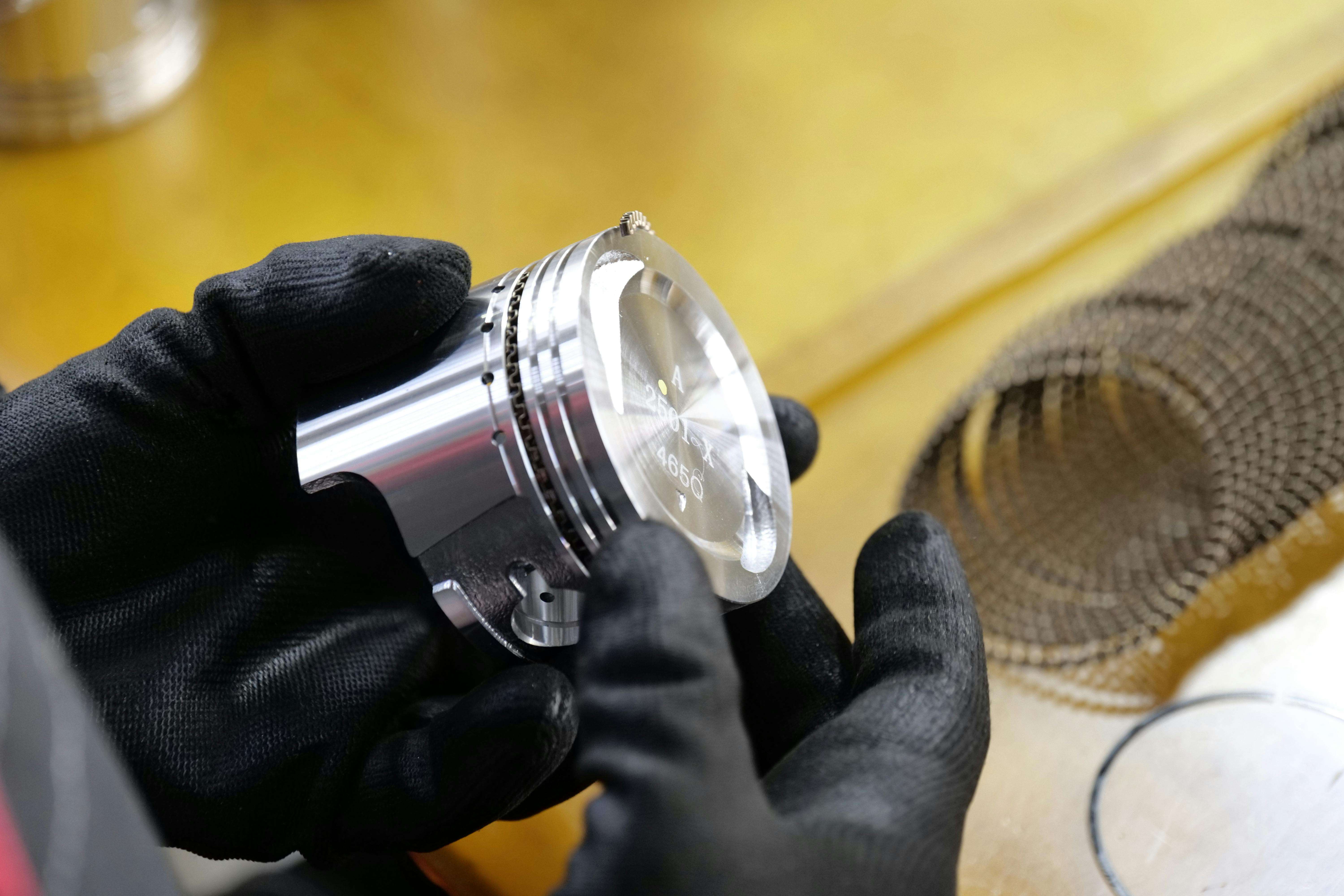
In today’s US-China trade environment,which is characterized by uncertainties,many European and American manufacturing companies are facing a real challenge:How can they ensure a stable supply of critical CNC spare parts to maintain the continuity and efficiency of their production lines?It is no longer just a question of cost,but also of the resilience of the supply chain and business security.For companies that rely on precision components,exploring diversified strategies for supply chain reconstruction is of particular necessity.
Traditional supply chains often depend on a single region or a few suppliers,which is efficient during times of global trade stability.However,when circumstances change,their vulnerability becomes apparent.Creating a more flexible and resilient supply chain means collaborating with specialized partners from various regions around the world.In this context,direct cooperation with factories that possess advanced manufacturing technologies and adhere to international quality standards is becoming an increasingly important solution.
The core of this transformation lies in a deep understanding of modern manufacturing technologies.Computer numerical control(CNC)machining is the cornerstone of precision manufacturing today.It allows for the operation of machine tools by computers to produce complex metal or plastic parts with minimal tolerances.The two most mainstream machining methods are CNC milling and CNC turning.Milling is suitable for manufacturing complex three-dimensional parts with slots,holes,and contours,while turning is particularly efficient for producing high-precision cylindrical components.Regardless of the process,the ultimate goal is always to achieve high-quality precision machining to ensure that each part perfectly replaces the original spare part and guarantees the long-term stable operation of the equipment.
For procurement decision-makers,it is important to focus on several key points when evaluating a new manufacturing partner.First is the technical capability and quality control system.A qualified supplier should be able to clearly articulate its machining capabilities,quality inspection procedures,and how it ensures consistency between batches.Second is the smoothness of communication and collaboration.Clear communication ensures that technical drawings are accurately understood and minimizes misunderstandings and delays in the delivery process.Third is the transparency of the supply chain.Understanding the origin of the components,production progress,and logistics trajectory provides you with greater controllability and a sense of security.
Reconstructing the supply chain is not something that happens overnight;it is more like a strategic upgrade.The goal is not to completely replace all existing suppliers,but to diversify risks and enhance the flexibility of the entire supply chain by introducing new,reliable manufacturing partners.By working with specialized CNC machining shops,you can achieve shorter lead times,more competitive pricing,and a rapid response to sudden demands.
In summary,in the current global trade landscape,it is worthwhile to review and optimize your CNC spare parts supply chain.This is a strategic investment with long-term value.By collaborating with technically skilled and trustworthy manufacturing experts,you can not only effectively minimize the risks brought by the external environment but also build a stronger and more reliable manufacturing ecosystem for your company to maintain a competitive edge.
Explore more:www.simituo.com